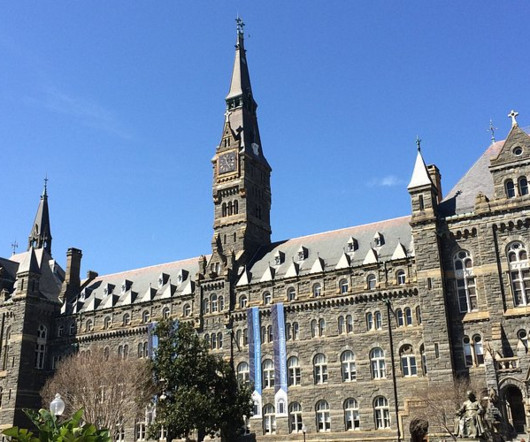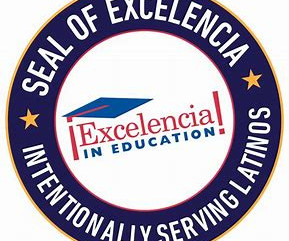Georgetown University Honors Xavier University of Louisiana's Centennial and Black Catholic Studies Legacy
Diverse: Issues in Higher Education
FEBRUARY 28, 2025
The Georgetown event not only honored Xaviers continued contributions but also reflected on the role of Black Catholic scholarship in shaping faith and social justice initiatives. Dr. Kathleen Dorsey Bellow, director of IBCS, acknowledged the deep collaboration between Xavier and Georgetown.












Let's personalize your content